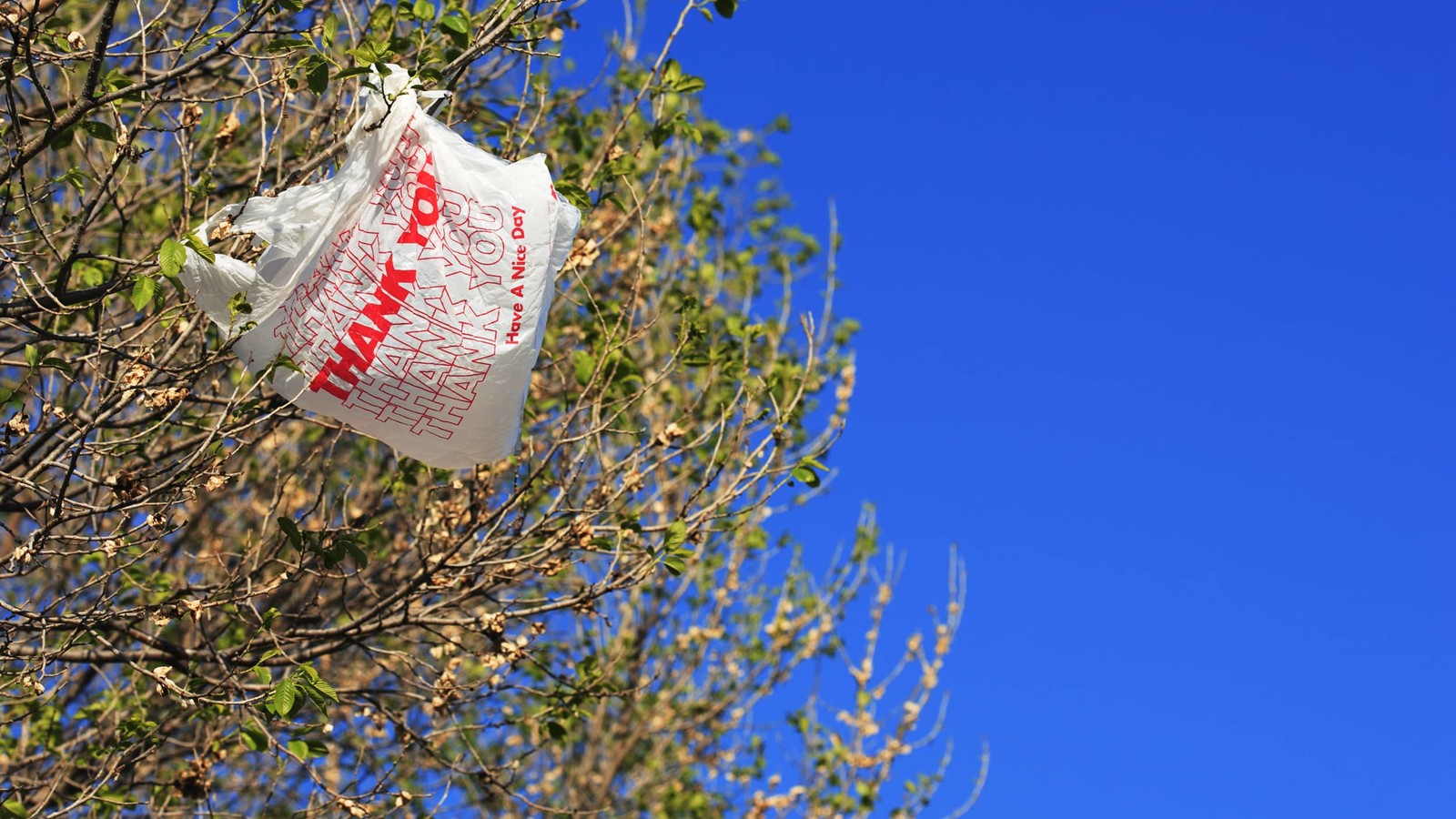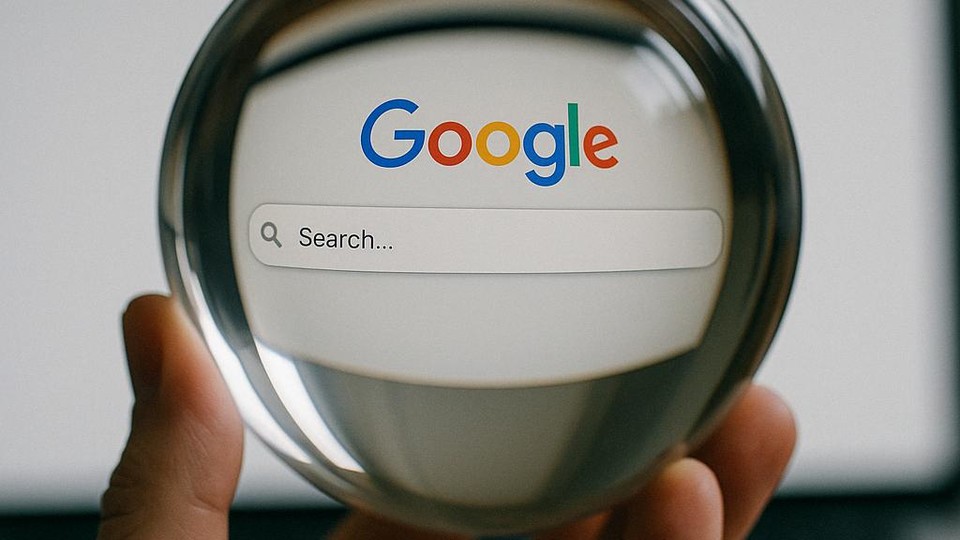
Do Plastic Bans and Fines Actually Reduce Waste?
Research suggests these measures may not be enough to truly change consumer habits.
By Rice Business Professor Eleanor Putnam-Farr. Originally published in The Conversation
Research suggests these measures may not be enough to truly change consumer habits.
Colorado banned plastic bags from large retail stores at the beginning of 2024. A new state ordinance also prohibits restaurants and retail food establishments from using Styrofoam takeout containers.
In Boulder, food shoppers have been paying 10 cents for every bag they need at checkout since 2013, with only paper and heavy-duty plastic bags available. Those fees were expanded this year to retail stores of all kinds and sizes.
The Conversation interviewed Eleanor Putnam-Farr, an assistant professor of marketing at Rice University and co-author of “Forgot Your Bottle or Bag Again? How Well-Placed Reminder Cues Can Help Consumers Build Sustainable Habits,” about the challenges of changing people’s behavior – even when their intentions are good.
How popular are plastic bag bans and taxes?
Laws like Colorado’s are popular. Twelve states, plus Puerto Rico, and more than 300 municipalities, including Philadelphia, have banned plastic bag use by consumers. Charging a fee for bags is less common, but rules like this are in effect in Washington, D.C.; Honolulu, Hawaii; Santa Fe, New Mexico; and other U.S. cities.
And these types of regulations aren’t limited to the U.S. Many other countries are also cracking down on plastic bag use, including China, Namibia and Portugal.
Cities and towns have tried a lot of strategies, from educating consumers to banning the use of bags or just nudging them to do the right thing by imposing small fees. Nudges leave the choice up to the consumer and are often more palatable than outright bans.
Do bans and taxes divert waste from landfills?
Many cities have reported decreases in plastic bag use after imposing plastic bag bans and fees, but the effects may be small.
In a study on the efficacy of a bag fee implemented in Toronto, researchers found a 3.4% increase in the use of reusable bags, mostly among higher-income customers.
But even a small reduction is progress, right?
Maybe. Research on parents who were assessed fees when they picked up their children late at 10 different day care centers found that small charges actually led to a big increase in tardy parents – who apparently felt they were paying for the right to be late.
Boulder may be fighting the same sort of complacency. Disposable bag fees collected from 2013 through 2022 fluctuated slightly year to year, but increased more often than not – suggesting that people are buying more bags, not fewer. Earning 6 cents for every bag sold – the stores keep the rest – Boulder brought in US$243,507 in tax revenue in 2021 and $248,518 in 2022.
Why don’t more consumers use reusable bags?
Consumers stick to plastic bags for many reasons, including convenience. Research on farmers market shoppers in Ohio suggests accidentally leaving reusable bags in their cars or at home is an obstacle, and some consumers prefer plastic bags because they reuse them for trash and pet waste. But researchers from Chile, which enacted a complete ban on plastic bags in 2019, found that people there weren’t committed to reusable bags. Consumers in Chile felt pressured to change their behavior, and guilty when they didn’t comply. They also felt like 100% of the burden of sustainability was forced on them, all of which undermined the goal of the ban.
What does work to encourage consumers to use reusable bags?
The most important thing is to understand that most people don’t set out to use more plastic. So the best solutions help consumers achieve their goals and make access to reusable bags easier. The key is to determine the biggest impediment to shoppers bringing reusable bags.
In our research about reusable bottles, my colleagues at the Yale Center for Customer Insights and at Google knew that most employees of the office site had reusable bottles but forgot to bring them to the water stations to refill them. Instead of banning plastic cups or disposable bottles, we created reminders and placed them near the workers’ desks. These reminders helped people behave the way they wanted to behave and had the added benefit of making the people feel good about the overall process, which can be its own reward.
The same can work for reusable bags even without imposing bans or fines. If people don’t have reusable bags, make them available. If people are forgetting their bags in the cars, create reminders in the parking lot. If people are leaving their bags at home, supply bag hooks they can place near their doors. These create easy visual reminders to grab the shopping bags on their way out of the house.
This story has been edited to clarify that Colorado’s plastic ban bag is a state law.
Never Miss A Story


